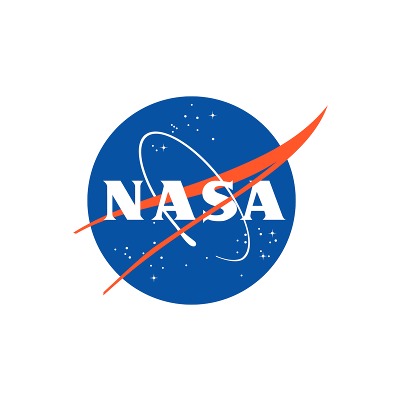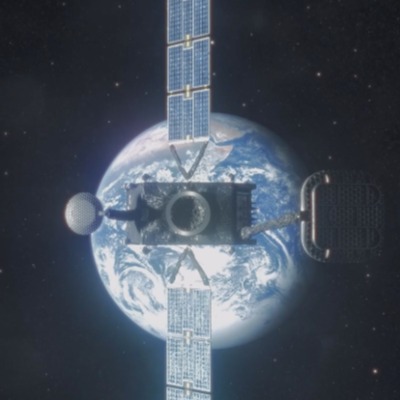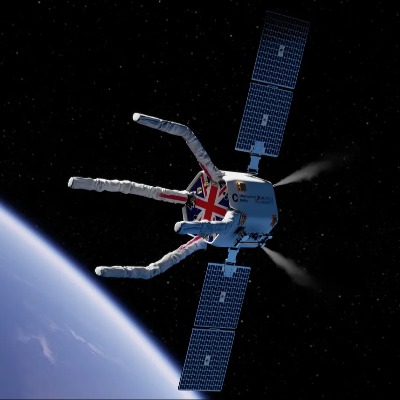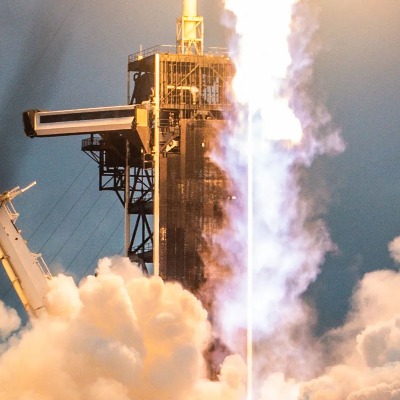ESA Sees Strong Interest In Commercial Cargo Program
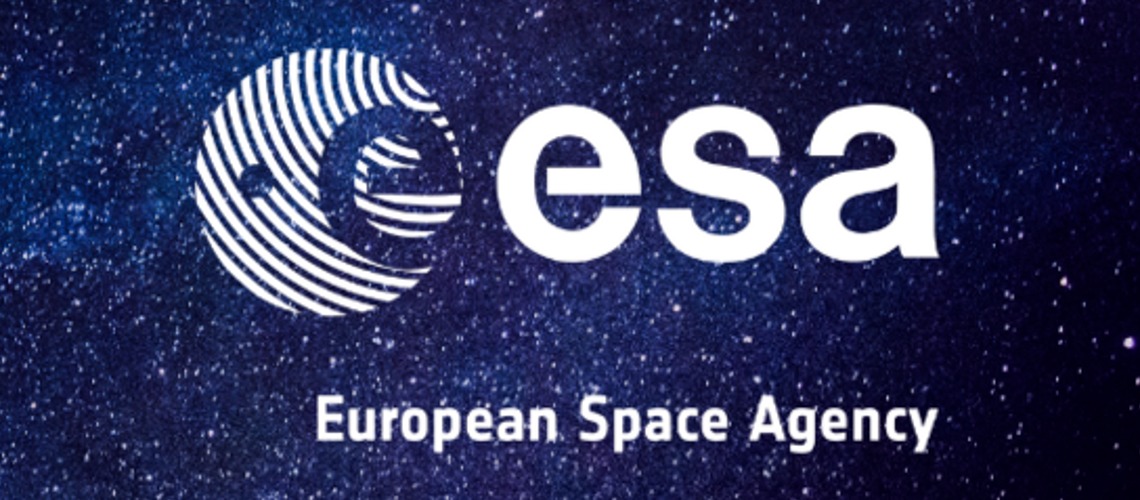
The European Space Agency (ESA) is experiencing a surge of interest in its nascent commercial cargo program, a crucial step toward developing its own independent human spaceflight capability. Launched in November 2023, the program aims to stimulate the development of European commercial vehicles capable of transporting cargo to and from the International Space Station (ISS) by 2028. This initiative, inspired by NASA's successful Commercial Orbital Transportation Services (COTS) program, has attracted a diverse range of European aerospace companies eager to carve their niche in the burgeoning space logistics market.
A Stepping Stone to Independence:
While the immediate goal of the program is to secure reliable and cost-effective cargo transportation to the ISS, ESA harbors a more ambitious long-term vision. The agency hopes that the technological expertise and industrial partnerships fostered through this program will pave the way for the development of a European crewed spacecraft. Currently, Europe relies heavily on Russia's Soyuz spacecraft for astronaut transport to the ISS, a dependence that has become increasingly untenable in the wake of the ongoing geopolitical tensions. ESA's commercial cargo program represents a strategic move towards achieving self-sufficiency in human spaceflight, reducing reliance on foreign partners and solidifying Europe's position as a major player in space exploration.
A Throng of Enthusiastic Participants:
The program has sparked the interest of several prominent European aerospace companies, including Airbus, ArianeGroup, and OHB. These companies, each with their own unique expertise and technological strengths, are vying for a slice of the lucrative space cargo market. Airbus, a European aerospace giant, brings its extensive experience in aircraft design and manufacturing to the table. ArianeGroup, known for its Ariane family of launch vehicles, possesses expertise in propulsion systems and orbital infrastructure. OHB, a German space technology company, boasts a proven track record in developing satellites and spacecraft components.
Challenges and Opportunities:
Despite the immense potential of the program, significant challenges lie ahead. Developing and refining reliable and cost-effective spacecraft is a complex and expensive endeavor. Furthermore, the program needs to navigate the ever-evolving landscape of the commercial space industry, where established players like SpaceX and Boeing hold a significant advantage. However, the potential rewards are equally substantial. Success in this program could not only secure Europe's access to the ISS but also unlock new commercial opportunities in the burgeoning space economy.
A Sign of a Resurgent European Space Sector:
The strong interest in ESA's commercial cargo program is a testament to the growing ambition and capabilities of the European space sector. It marks a significant shift from the days of Europe playing a primarily supportive role in international space endeavors. With renewed focus and strategic investments, Europe is poised to take on a more prominent role in shaping the future of space exploration.
The success of this program has the potential to rekindle Europe's passion for space exploration and inspire a new generation of scientists and engineers to reach for the stars. As the competition heats up and the first European cargo spacecraft prepare for their maiden voyages, the world watches with keen anticipation to see if this ambitious initiative will propel Europe to new heights in the final frontier.

